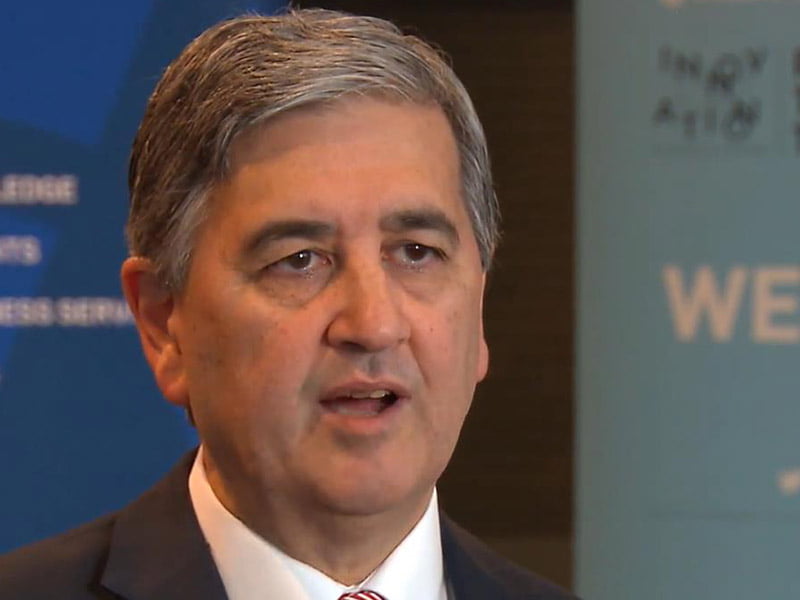The South Australian government has cut a number of tech and innovation-focused programs as part of a major shift away from grants-based industry assistance.
The incoming Liberal state government – elected in March – unveiled its first budget on Tuesday, heralding a move toward more focused industry assistance at the expense of several programs launched by the previous Labor government.
Tech-focused programs have been slashed, including TechInSA, the Investment Attraction Advisory Board, the Economic Development Board, the South Australia Early Commercialisation Fund and the laptops for high school students program.

“It is the government’s intent to have a much more targeted focus on industry financial assistance and to concentrate its effort on growing the economy by focusing on the economic fundamentals of the state,” the budget said.
Industry assistance would instead stem from three funds: the Economic and Business Growth Fund, the Research, Commercialisation and Startup Fund and the Regional Growth Fund.
The budget also included a further $1 million as part of South Australia’s efforts to attract the Australian Space Agency to the state.
The state announced last month that TechInSA, the agency currently responsible for the various state industry development programs for the tech and startup sectors, would be scrapped, along with the chief innovator position.
Its functions would incorporated into the new Office of the Chief Entrepreneur, with the move saving the government $6.4 million per year from 2021-22.
In place of the various grants and funding assistance on offer through TechInSA would be the Research, Commercialisation and Startup Fund, which was allocated $27.9 million over four years.
The new fund would be for collaboration with researchers and universities to solve industrial problems, the commercialisation of new products and services, research infrastructure investment and to “encourage establishment and growth of startups”.
This is part of the state government’s wider move away from grants-based assistance, Treasurer Rob Lucas said in his budget speech.
“Supporting these initiatives is a radical new approach to providing industry support with much less emphasis being placed on politicians and public servants ‘picking winners’ for the receipt of taxpayer funded grants and loans,” Mr Lucas said.
“Whilst direct financial assistance might still be offered in limited circumstances the new emphasis will be on proposals that have broader benefits for an industry sector or a number of businesses.”
The Liberal Party’s major election pitch to the tech sector was the establishment of an innovation precinct at Lot Fourteen, the former Royal Adelaide Hospital. This project alone has been given $43.9 million in funding over two years for the re-fit and re-purpose of seven buildings in the precinct.
This includes $4.8 million in rental subsidies over the forward estimates for 650 startup spaces in the precinct, with a total of 23,000 square metres of space.
The state government has also provided $1 million over four years to establish an Australian Space Innovation Precinct on the site, which would be the “perfect location to house the Australian Space Agency”.
The new entrepreneurial visa trial, announced during the election campaign in partnership with the federal government, will received $400,000 over four years.
The budget included a focus on regional trade and investment, with $9.3 million over four years for new trade offices in the US, Japan, Malaysia and the United Arab Emirates, along with $3.5 million for a stand-alone business investment office in Shanghai.
These new programs came at the cost of a number of the previous Labor government’s initiatives.
The $2 million Digital Game Development Program, which provided grants of between $15,000 and $50,000 has been scrapped, along with a program that was set to provide a laptop to all state students in Year 10 and above, which had been allocated $70 million.
The state opposition has criticised the budget, saying it lacks an overarching message.
“What is the central mission for this budget? Where is the job growth opportunities for the future? On the government’s own reckoning, they’re expecting jobs growth to fall over the course of the forward estimates,” Opposition leader Peter Malinauskas said.
“There is no vision to this budget, there is no central uplifting theme, only cruel closures, cuts and privatisations that were never canvassed before the election.”
Do you know more? Contact James Riley via Email.

